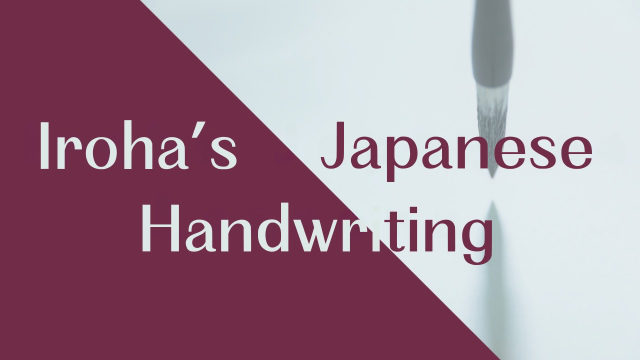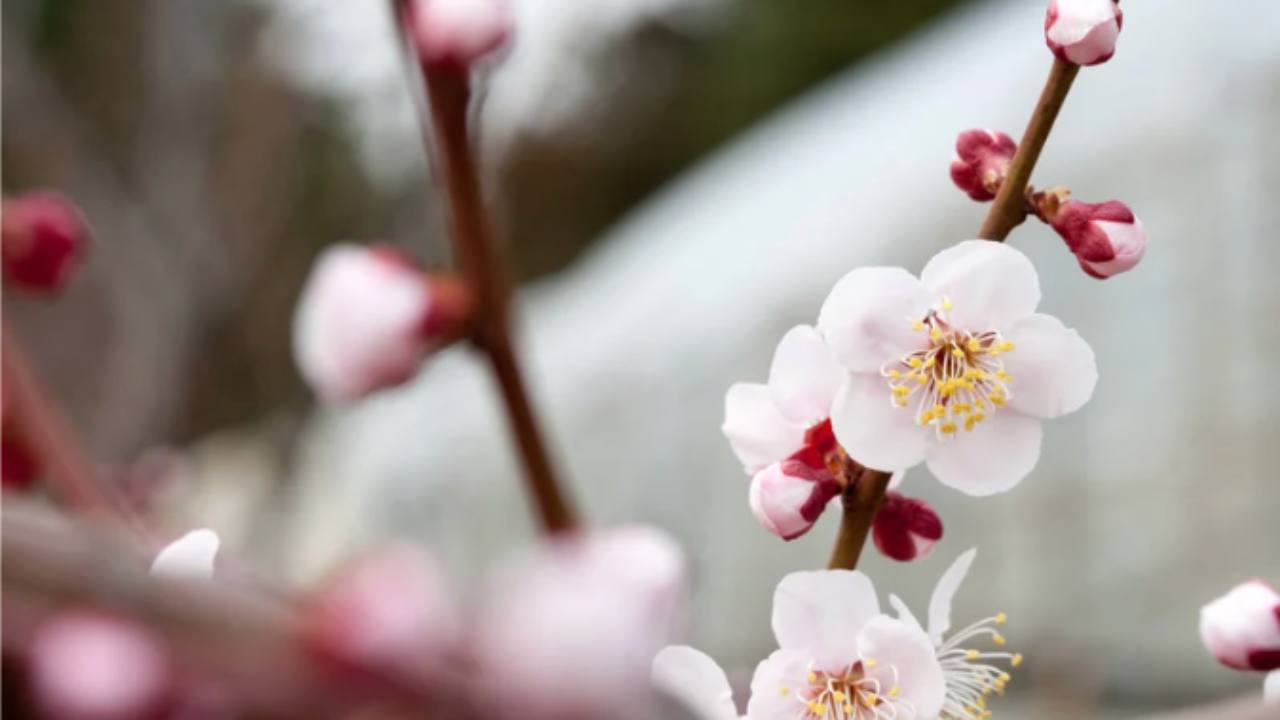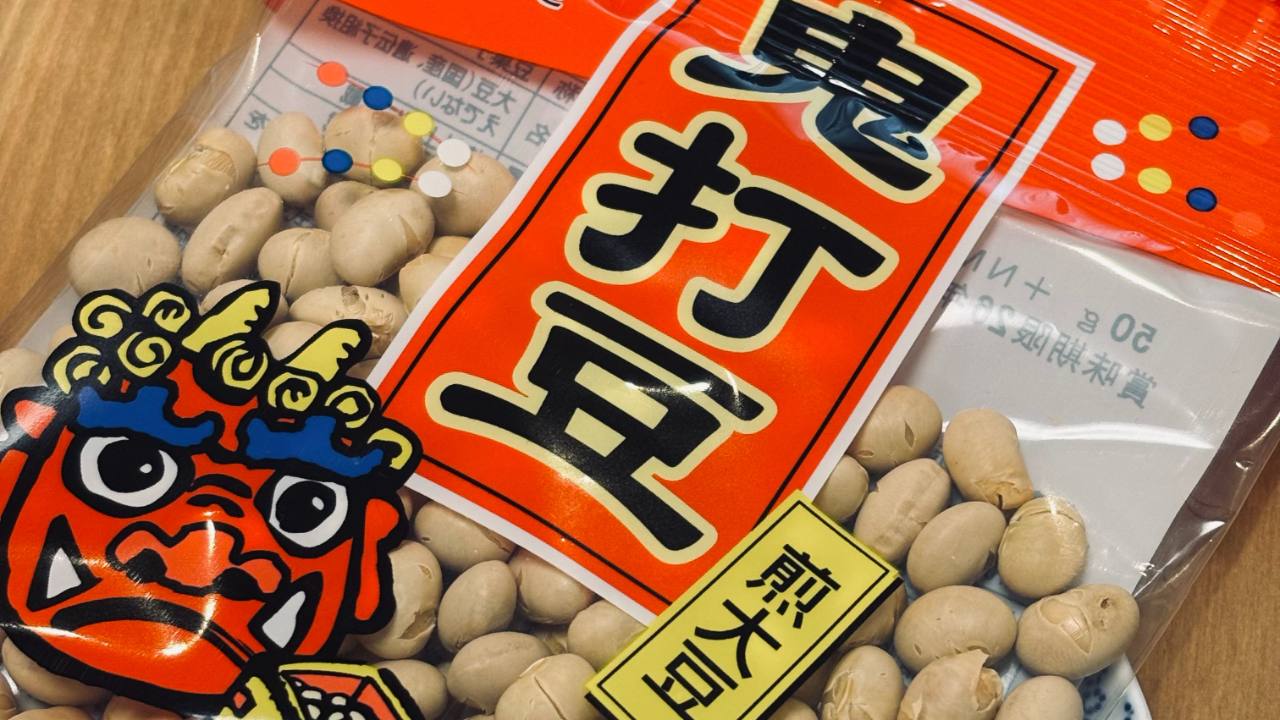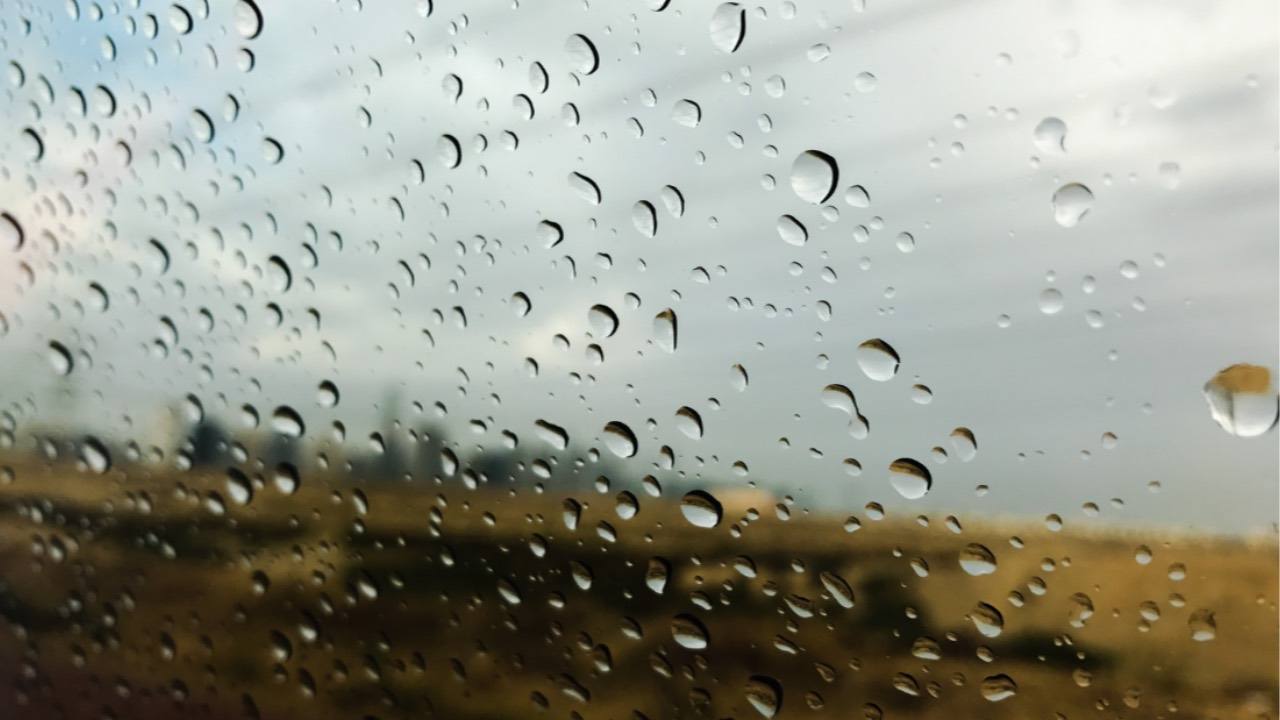大変な時ほど「ゆるむ」/The harder the times, the more you should release.
こんにちは、いろはです。
今日は「ゆるむ」という言葉をご紹介したいと思います。
Hello, it’s Iroha.
Today, I’d like to share a Japanese word with you: “yurumu” (ゆるむ) – which means “to loosen” or “to relax.”
「ゆるめる」
There’s also a related word: “yurumeru” (ゆるめる), which means “to let something loosen” or “to relax something.”
「ゆるむ」は感じで「緩む」と書きます。
When it's written in kanji, it's written like this: 「緩む」
「ゆるむ」は、自分がゆるむこと。
「ゆるめる」は、何かをゆるめさせること。
Here’s the difference:
-
“Yurumu” (緩む) is when you loosen up.
-
“Yurumeru” is when you loosen something else.
何をゆるめるか?ですが、たいていは体や顔、緊張、不安など、
力が入っている状態や、気持ちがとても高まっている状態に対して「ゆるめる」ことが多いですね。
What do we usually loosen? Often it's:
-
our body or face,
-
tension,
-
anxiety,
-
or a mind that’s tightly wound or overwhelmed.
今日、なぜこの言葉をご紹介しようかと思ったかというと、先日、仕事がたくさん重なっていっぱいいっぱいだった時がありました。風邪気味でもあったし、体調が悪くて頭も良く働かない、仕事が全然進まない。という状態で、もうどうしたらいいか分からない!って焦りばかりたまっていく。
The reason I wanted to talk about this word today is because I recently had one of those days—work piling up, not feeling well, my brain foggy, and no progress being made. I was getting more and more anxious and frustrated.
その時どうしたかというと、一旦、離れたんですね、仕事について考えることから。
So what did I do?
I stepped away. I stopped thinking about work for a moment.
でもそれが良かったんだと思います。
And it turned out—that was exactly what I needed.
瞑想を始める時深呼吸しますが、まず最初は息を吸うのではなくて、吐きます。吐かないと、大きく息を吸えないからです。
When you start meditating, you don’t begin by taking a deep breath in—you start by breathing out. Because unless you exhale first, you can’t take in a full, fresh breath.
それと同じで、大変な時ほど「がんばる」のではなくて、力を抜いてリラックスする。「ゆるめる」ほうがいい、と気づきました。
I think it’s the same in life.
When things get tough, we often think we need to try harder. But sometimes, what we really need is to let go, relax, and allow ourselves to loosen—to “yurumeru.”
今日は月曜日、週の初めはしんどい時もあるかもしれませんが、
ゆっくりリラックスしていきましょう。
Today is Monday. The start of the week can feel heavy sometimes. But remember, it’s okay to slow down and take it easy.
Let’s begin the week with softness.
Warmly,
Iroha





